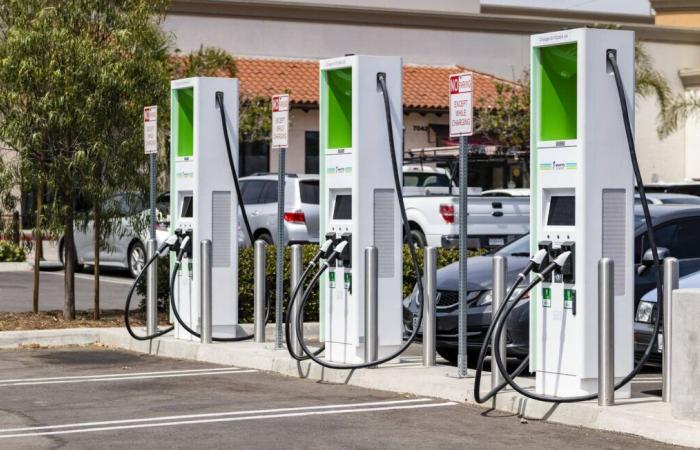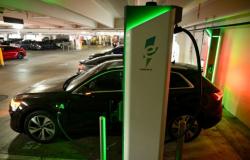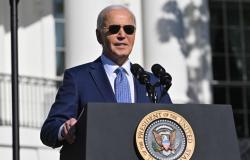In California, Democratic Governor Gavin Newsom pledged Monday to subsidize the purchase of electric cars if Donald Trump ends the federal tax credit favoring their acquisition. “Zero-emission vehicles are here to stay. We will intervene if the Trump administration eliminates the federal tax credit,” he declared, positioning himself as the leader of the opposition to the climate skeptic Republican.
Introduced under the Biden administration, this credit allows buyers to benefit from financial assistance of up to $7,500 for new models and $4,500 for used models. It aims to support the ambitious climate goals set by the Democratic administration, by reducing the costs of access to non-polluting vehicles. According to American media, this measure is threatened by Donald Trump's entourage, who plans to repeal it.
Elon Musk supports the abolition of the tax credit
The possible elimination of this federal aid is also supported by Elon Musk, CEO of Tesla and fervent ally of Donald Trump. Elon Musk believes that eliminating this system could advantage Tesla against competitors like Ford and General Motors, which benefit greatly from these subsidies.
“In the long term, this will probably help Tesla,” he said in July, explaining that components made in China for certain models make these vehicles ineligible for the current tax credit. Elon Musk, who plays an active role in the Trump administration by leading a commission charged with reducing public spending, sees this measure as a strategic opportunity for his company.
On the front line of the energy transition
To compensate for a possible elimination of the federal credit, Newsom plans to relaunch a California aid program similar to the one that facilitated the purchase of more than 594,000 clean vehicles until 2023. This new plan would strengthen the state's efforts to make non-polluting vehicles more affordable and maintain the current dynamic in favor of sustainable mobility.
The most populous state in the country and leader in environmental policies, California has set ambitious goals, such as banning sales of new gasoline-powered cars by 2035. The “Golden State” represents 30% of sales of electric, hybrid and hydrogen vehicles, and already has more than two million models on its roads.






